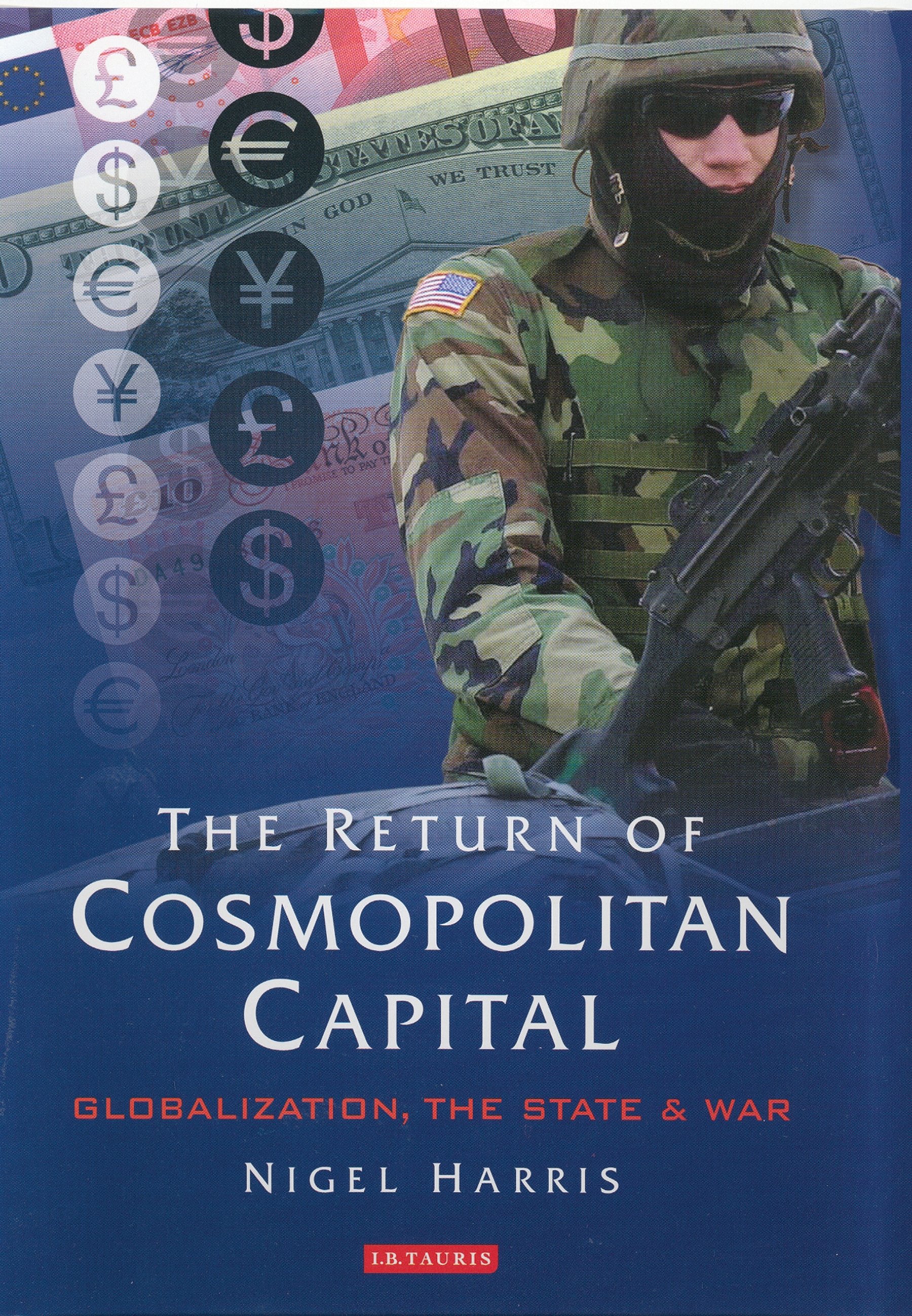The Return of Cosmopolitan Capital
The Return of Cosmopolitan Capital
Twentieth-century history was dominated by the State - nationalism, national economies, national wars. Professor Nigel Harris argues that such a global structure is unthinkable in the twenty-first century. Why? As the world opens up through structura...
Read more
Twentieth-century history was dominated by the State - nationalism, national economies, national wars. Professor Nigel Harris argues that such a global structure is unthinkable in the twenty-first century. Why? As the world opens up through structural adjustment to a single global economy, and barriers between countries crumble, so the powers of nations, nationalisms and the State have begun to dissolve. Perhaps nowhere is this more potent than in the world of economics. Cities, not states, are the treasuries of the western world. They are bound neither by allegiances, nor, for the most part, by geography. They are, in this sense, exemplars of that most publicised but least understood of issues: globalization. Harris seeks to understand the vital relationship between our emerging world economy and our emerging political institutions. In part, here is a history of the play-off between capital, the individual and the State in the modern age, but it is also, and more importantly, a detailed analysis of the factors that dictate the current trend towards globalization, as well as the directions and effects that this process will have on our world. Harris argues that the notion of national capital, so important in the mid and later 20th Century, is becoming redundant as cities and their citizens, increasingly unaffected by borders and national boundaries, take centre stage in the economic world. Harris deconstructs this phenomenon, carefully explaining its development, and the direction it is taking. He argues for the immense benefits it could, and should have not just for western wealth, but for economics worldwide, for international communication, and for global democracy. "This is a very good book. It is innovative, it argues an original thesis and it is well-written. Nigel Harris is always innovative and provocative - this book keeps up to his high standards."Professor Lord Desai, London School of Economics.
Less
